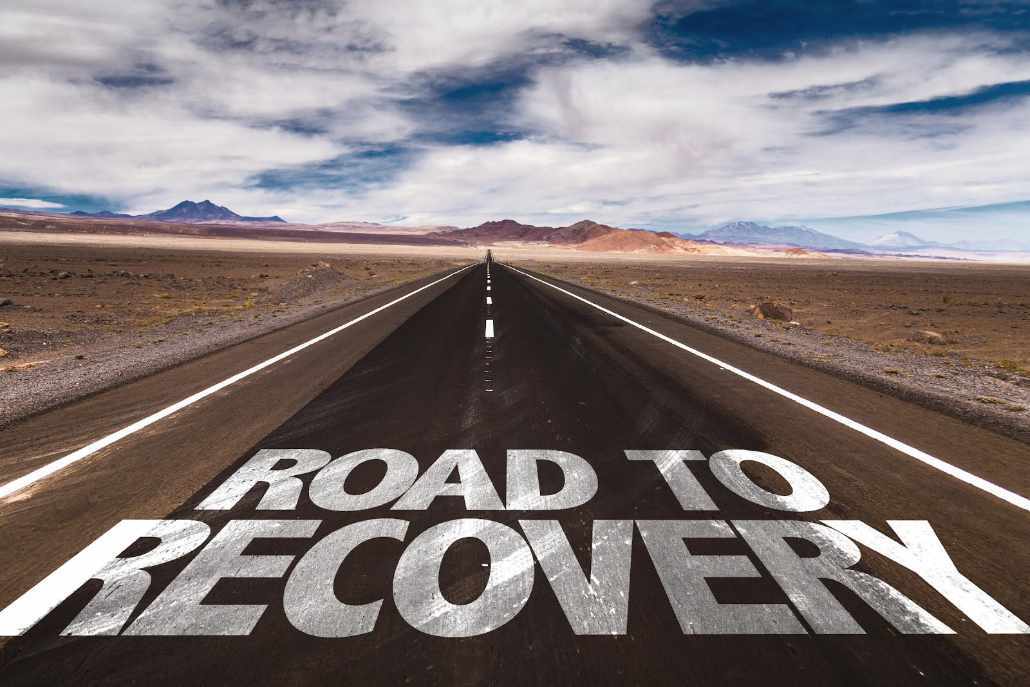Medically Assisted Detox for Drugs and/or Alcohol
Table of Contents
When you’re trying to break free from addiction, a medical detox center may be just what you need to get through the difficult first stage. Attending one of these programs can relieve many painful physical withdrawal symptoms, help you to overcome drug cravings, and set you up with a clear mind for treatment. But what is medically assisted detox, and how exactly does it help people in reaching abstinence and building a new life in recovery?
What is a Medically Assisted Detox
So, what is medically assisted detox, exactly? It is a specialized facility that helps people to overcome the symptoms of drug withdrawal. First and foremost, medical detox focuses on the physical aspects of substance use disorders, and keeping people safe, healthy, and comfortable during this difficult period. While these programs may also offer therapeutic services, a person’s physical health takes priority first.
Most people with substance use disorders have already experienced the debilitating symptoms of withdrawal. When attempting to quit cold turkey, these symptoms can be overwhelming – and often lead people to relapse before their recovery ever truly begins.
At a medical detox center, targeted medications are used to wean people off drugs in a safe and controlled manner. With certain substances, the changes in symptoms are night and day – changing an intensely uncomfortable and unsafe medical emergency into a few days of mild discomfort.
Benefits of Medically Assisted Detox
The benefits of medically assisted detox are hard to understate. Medical detox offers several advantages to attempting to quit on your own, including:
- Providing a safe and compassionate environment to facilitate recovery
- Using targeted medications to improve withdrawal symptoms
- 24/7 medical monitoring and supervision
- In-depth psychological evaluation and testing
- Preparing people to enter addiction treatment with a clear mind
These benefits make medical detox a crucial part of the addiction treatment continuum and have led to the Substance Abuse and Mental Health Administration including detox as a core component of an evidence-based treatment model.
Additionally, research has found that including detox as the first step of a larger addiction treatment model increases the likelihood of treatment success. This reduces the so-called “revolving door” of addiction treatment – where people enter addiction treatment without detox, only to relapse and have to readmit again later.
Medical Detox Role in Addiction Treatment
Medical detox is an important part of any quality addiction treatment center – but detox alone cannot be considered treatment. It must be followed by standard addiction treatment, such as a residential program, in order to be successful. After all, what is medical detox’s purpose, if not to create lasting sobriety?
In one study, only 49.4% of people who attended medical detox followed up with rehabilitation services within 30 days – and only one in five received inpatient treatment. This gap in treatment following detox can quickly lead to relapse, leading people to need addiction treatment services over and over again.
Part of this problem is where people go to receive detox. People who go to hospitals or emergency rooms to receive detox care get similar treatment to that at a specialized facility, but there is no direct link for patients to enter addiction care. If a person instead seeks treatment at an addiction treatment center that offers the full continuum of care, they can move directly from detox into a residential program.
The important part to remember is that the brief nature of medical detox only helps people with the physical aspects of drug withdrawal. Learning the skills and coping methods required to build a lasting recovery requires intensive therapies, treatments, and services that are only offered at addiction rehabilitation facilities.

Who Needs Medical Detox?
With so many benefits of medical detox, it’s easy to make a sweeping recommendation for receiving detox care for anyone struggling with a substance use disorder. But people who use certain substances may benefit from detox more than others – both in symptom relief and in overall safety.
Drugs such as alcohol and benzodiazepines can have severe and life-threatening withdrawal symptoms. Both drugs target the GABA receptor in the brain, which is responsible for soothing the central nervous system and causing people to feel relaxed, at ease, and disinhibited. By after using these substances for a prolonged period, natural GABA levels drop, putting people at risk for serious consequences. The withdrawal symptoms of both alcohol and benzodiazepines include:
- Shakes
- Sweats
- Delusions
- Anxiety
- Seizures
A seizure during drug or alcohol withdrawal is often life-threatening. In the case of severe alcohol withdrawal, anticipated mortality is as high as 37% without medical intervention.
People with opioid use disorder can also greatly benefit from a medical detox. While opioid withdrawal isn’t typically life-threatening, withdrawal symptoms are often so severe that people will stop any attempt at quitting in order to relapse and find relief. Yet targeted medical detoxification, using medications such as buprenorphine, can vastly decrease withdrawal symptoms and make it much easier for people to transition to a residential program.
In one study, buprenorphine was compared against clonidine for a 5-day opioid withdrawal in 124 patients. Both of these medications have been proven to be an effective tools for helping withdrawal symptoms – but buprenorphine far outperformed clonidine, with over 75% completing the detox protocol in the buprenorphine group, compared to 47.5% completing detox in the clonidine group.
Similar improvements in outcomes have been seen for several other substances, including amphetamines, cocaine, and marijuana.
The Medical Detox Program at Annandale Behavioral Health
At Annandale Behavioral Health, our medical detox program was designed from the ground up to facilitate people reaching a lasting and worthwhile recovery. By providing the gold-standard treatment for drug and alcohol withdrawal, bringing together experts in both medicine and addiction, and linking our detox program directly into either stabilization programs or residential addiction treatment, we ensure that everyone that attends treatment at Annandale has the tools needed to achieve sobriety. When you’re ready to start getting the help you need, reach out to our team for a free confidential consultation at 855-778-8668. You can break free from addiction – and we can help you along the path.







